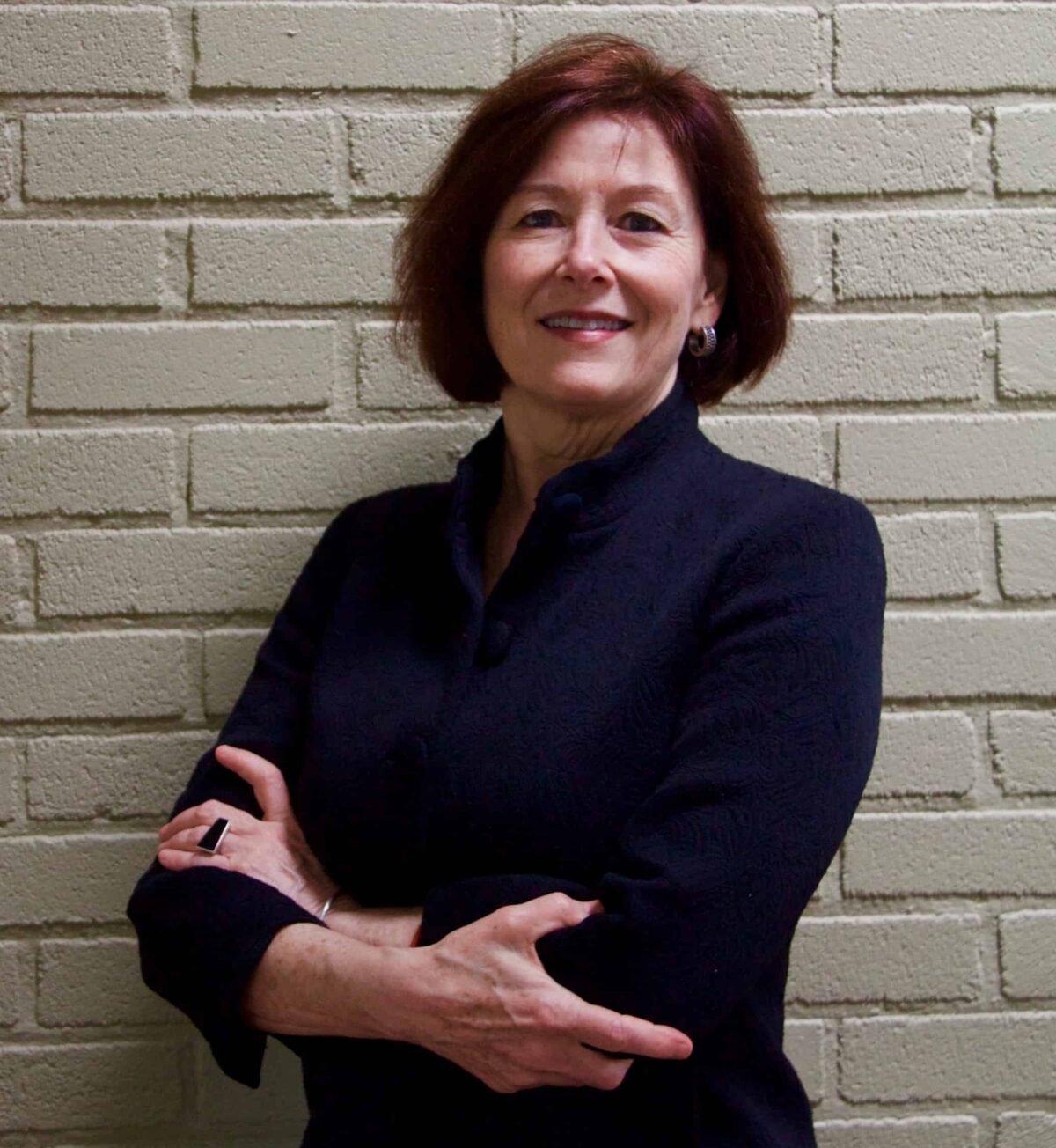Diane Davis, Charles Dyer Norton Professor of Regional Planning and Urbanism, has been named program co-director of the Humanity’s Urban Future program, part of the Global Call for Ideas initiative at the Canadian Institute for Advanced Research (CIFAR). For this third cycle, CIFAR invited proposals for new research programs to address the theme Future of Being Human, a call to confront the dynamic problems facing the world and develop potential solutions to transform the planet for the better.
Davis, also a CIFAR fellow, will lead the Humanity’s Urban Future program and share directorship responsibilities with Simon Goldhill, A. G. Leventis Professor of Greek Culture at the University of Cambridge. The research initiative is created to drive dialogue and envision a more just and unified city of tomorrow. The program will consider many important factors, including infrastructure (both material and institutional), political divisions, questions of scale, climate change, and other crises. In seeking answers to these pressing general questions, the program will take six cities as test cases: Calcutta, Toronto, Shanghai, Naples, Mexico City, and Kinshasa. By studying what constitutes a good city of the future, the researchers aim to make a transformative impact on urban policy and planning, regulation and infrastructure, inspiring collective deliberation and learning around how one should work towards a better urban future. Through engagement with policy makers, political advisors, and civic actors, the Humanity’s Urban Future program will also establish a platform to publish research that will lead to changing the discourse of planning and the understanding of cities.
“I am thrilled to be working with a global team of historians, planners, anthropologists, geographers, and architects to interrogate how a ‘good urban life’ is conceptualized and produced,” says Davis. “We frame our deliberations around two main questions. The first is not merely ‘what is a good city?’—a question that has motivated city builders and philosopher’s since at least Plato’s Republic—but more specifically, ‘How do you plan for an urban future when you know that the city is a palimpsest of the past? The second question follows from the first: ‘How do cities inhabit time, and how can the future be planned with urban pasts in mind?”
CIFAR bring together international, interdisciplinary researchers who work together for five-year terms. Programs are led by a director or two co-directors, engage approximately 20-40 fellows and advisors from around the world, and include two or three CIFAR Azrieli Global Scholars for two-year terms. Target areas for impact emerge from the program’s core research agenda, and the strategy is informed by long-term, iterative exchanges of ideas and perspectives between program members and non-academic stakeholders. Programmatic commitments support funding of approximately 10 million (Canadian) dollars for the five-year project, with the possibility of renewal.
